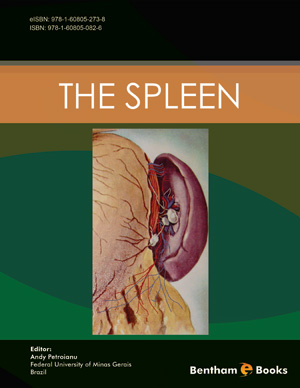Abstract
Chronic lymphocytic leukemia (CLL) is a clonal malignancy that results from expansion of the mature lymphocyte compartment and is the most common leukemia in adults. The survival period from the time of diagnosis of CLL varies between 2 and more than 10 years. At the time of diagnosis, most patients with chronic lymphocytic leukemia does not need to be treated with chemotherapy until the patient is symptomatic. Chlorambucil and cyclophosphamide were the main therapy in CLL. Cyclophosphamide is usually combined with other agents, such as vincristine and prednisone, and incorporated into combination regimens. High response rates were also seen with anthracycline regimens. Purine analogues are currently used in CLL. Because of the difficulty in eradicating CLL cells from bone marrow peripheral blood, autologous transplantation is widely used. Rituximab, an anti-CD20 monoclonal antibody, has recently provoked interest for the treatment of CLL. Perhaps the most potent regimen for CLL is the combination of the most effective single chemotherapeutic agent with the most effective monoclonal antibody. Splenectomy is helpful in the management of selected patients with CLL, who do not present adequate response to clinical therapy in an attempt to reduce the resistance to drugs and to alleviate the symptoms provoked by the huge size of the spleen. Besides the advantages of splenectomy, it must be stressed that in most cases this procedure is accompanied by a greater morbidity and mortality. Thus a conservative procedure that reduces the spleen size may have a similar effect to that of total spleen ablation for treatment of CLL, without losing the important functions of this organ. Subtotal splnectomy or splenic autotransplants after total splenectomy are worth to be considered as surgical options in presence of a symptomatic giant spleen or a refractory patient to chemotherapy.






















